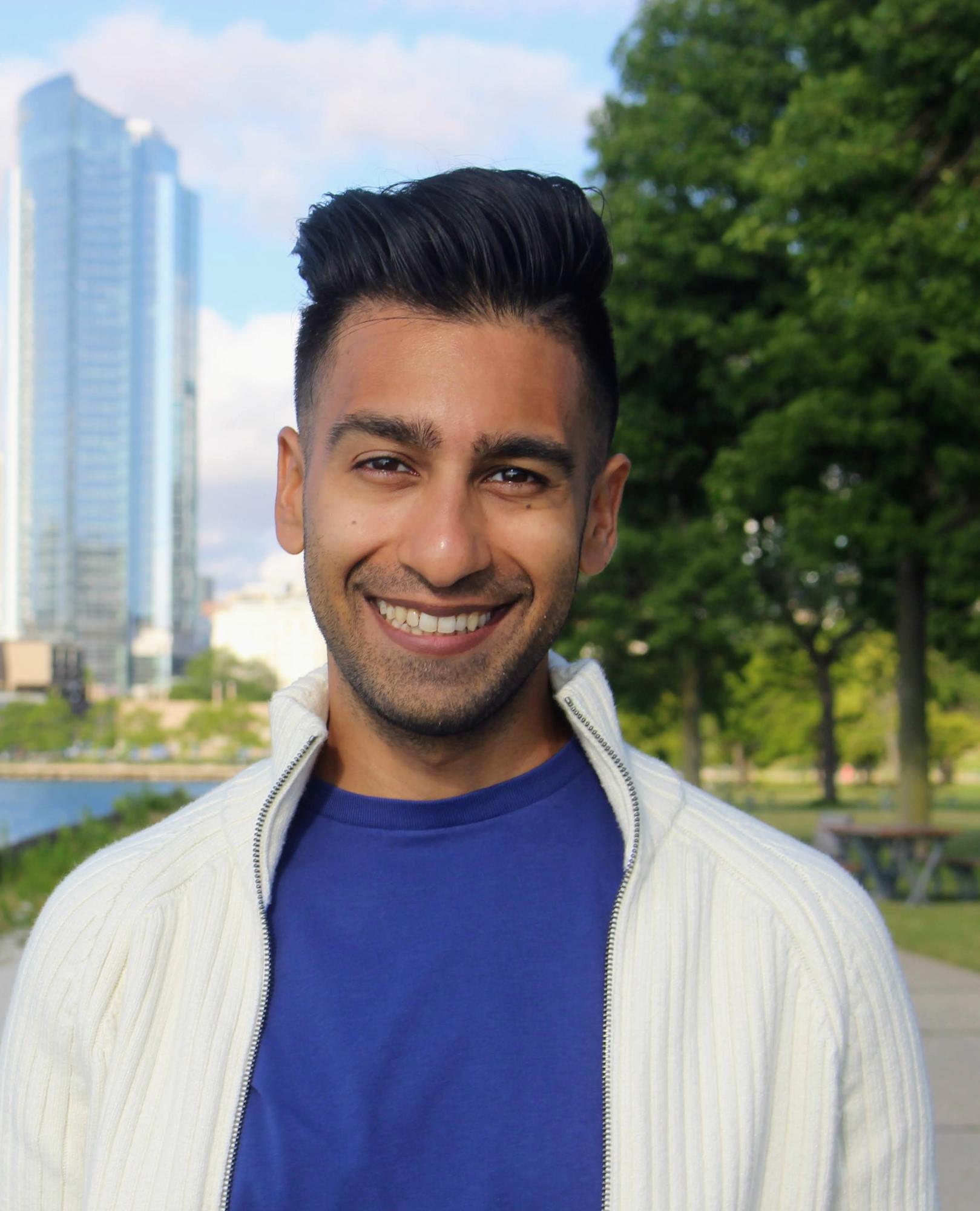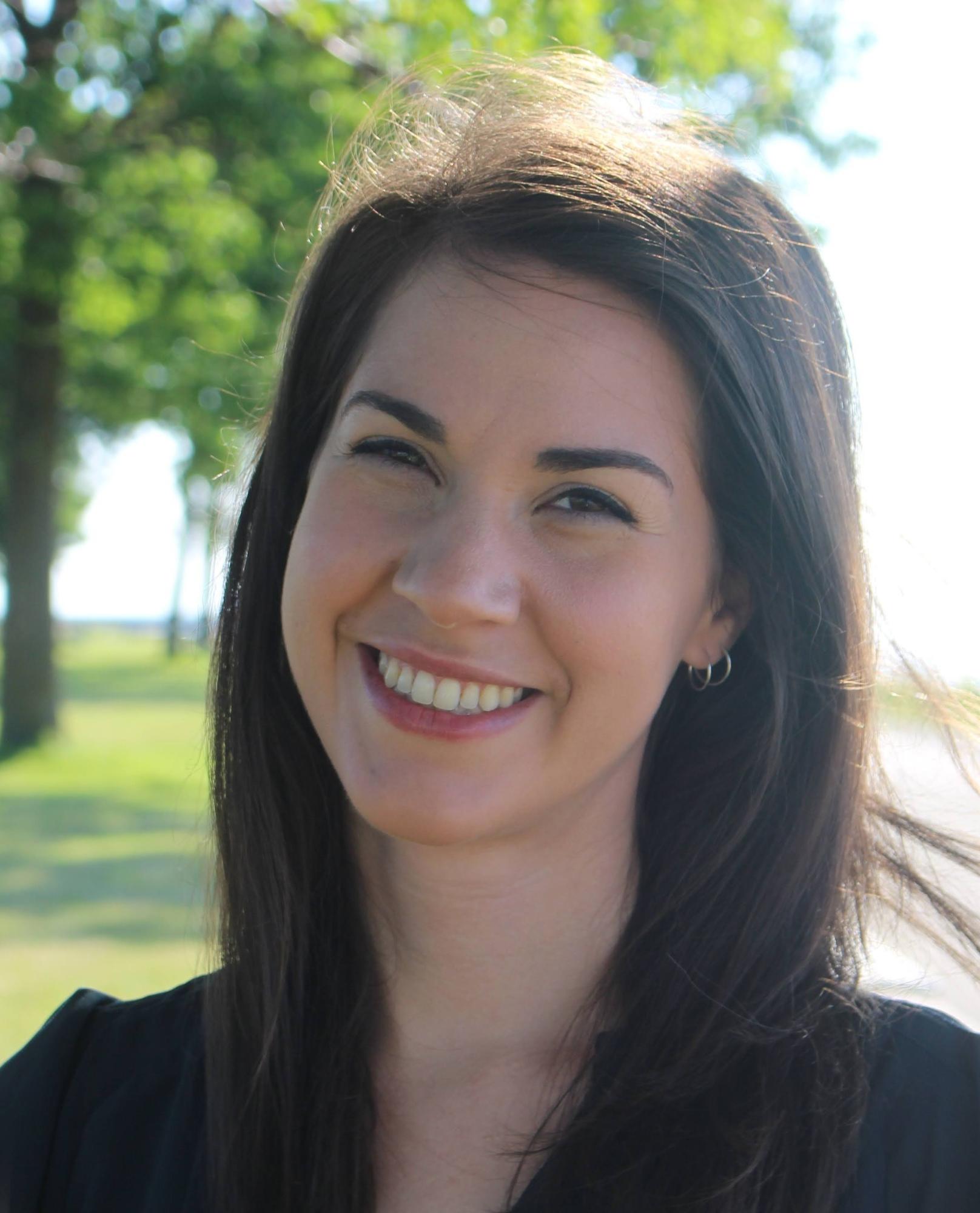Therapy can give you a deeper understanding of how your experiences impact your relationships with others. By gaining essential insights into your past, you can learn how they inform your everyday decisions, how they have been useful to you, and how they may keep you from meeting your needs. Our goal is to help you develop a better relationship with your emotions, experience, and others. Meet the providers who can help you do this!
About Dr. Deep Khahra+

Clinical Psychologist
I was born and raised in Wisconsin. I graduated from Marquette University before earning my Ph.D. at Palo Alto University. I have provided therapy to children aged 0 to 12, teens, college students, and adults for over eight years in California, Indiana, Massachusetts, and Wisconsin.
I love playing and watching basketball. I strive to be as much like Kareem Abdul Jabaar as possible. Be it with his skyhook on the court or social justice off the court. I am an avid (subpar) baker. I'm also pretty bad at knitting but try my best. My most staunch belief is that chicken and waffles are the best breakfast food. You will probably find me reading when not eating or undoing my knitting projects. Nightwing, Static Shock, and Batman are some of my favorite titles.
About Dr. Katlyn Welch+

Clinical Psychologist
I grew up in outside Seattle, Washington before crossing the country several times for school and work. I completed my undergraduate degree at The George Washington University, and I earned my Ph.D. at Palo Alto University. I’ve loved providing therapy to families, adults, and veterans in California, Pennsylvania, Massachusetts, and Texas for the past seven years. Right now, I provide Group Therapy at Singh Psychology, and I’d love the chance to work with you in group!
Outside of work, I’m a tenacious Animal Crossing and Stardew Valley citizen and share a high score for Ms. Pac Man at different arcades across the country. I don’t just play video games though. I also love being outside. Going for walks, picnicking, and kayaking make me happy. Otherwise, you would probably find me listening to a true crime podcast while drinking far too much tea.
Philosophy+
We want to have close relationships with the important people in our lives. Because of that, we fear pushing away the ones we care about most. So we protect those relationships however we can. We want to be close to others, but not so close that we risk damaging the relationship.
Often, we fear that our feelings will burden another person and scare them away. Or we fear that others will judge us for our feelings. So we may have learned to hide our emotions to keep people close. But the opposite is true. Emotions are the only way that people connect deeply. That’s why therapy focuses on using your emotions as a tool to connect instead of something to fear.
Human beings protect themselves from danger in awesome ways. Think of a house or a castle. The walls protect what’s inside and keep others out. Those walls might look different for each person. They might be your wonderful sense of humor, intelligence, or compassion for others. Anything that keeps us from talking about our feelings or ourselves.
When someone breaks into the walls, the alarms sound. That is our anxiety. Our anxiety tells us someone is getting too close for comfort to what’s inside. Every castle or house protects things that are valuable and vulnerable. Those are our emotions. In therapy, we’ll help you safely lower those walls, allowing you to connect more with yourself and others.
Diversity & Inclusion+
Given our community’s diversity, we are committed to providing culturally-considerate treatment and support. In therapy, we pay attention to each person’s diversity of ability, thought, immigration status, gender, sexuality, ethnicity, and race. Doing so teaches us more about ourselves and how we became the people we are today. Understanding our cultural influences also helps us develop insight into how we connect with others. We also aim to think critically about de-colonizing our thoughts and patterns.
Singh Psychology works to develop strong relationships with community partners to meet individuals and families where they are in their journey. Ever growing, Singh Psychology looks to be a leader for thoughtful conversation and leadership on diversity so that we may learn and grow whenever possible.
Ultimately, diversity and inclusion are driven by our relationships. This means that we must be committed to learning from those around us. We improve by seeking out others’ new perspectives and boosting marginalized voices. Growing as a clinic and community is our goal.



